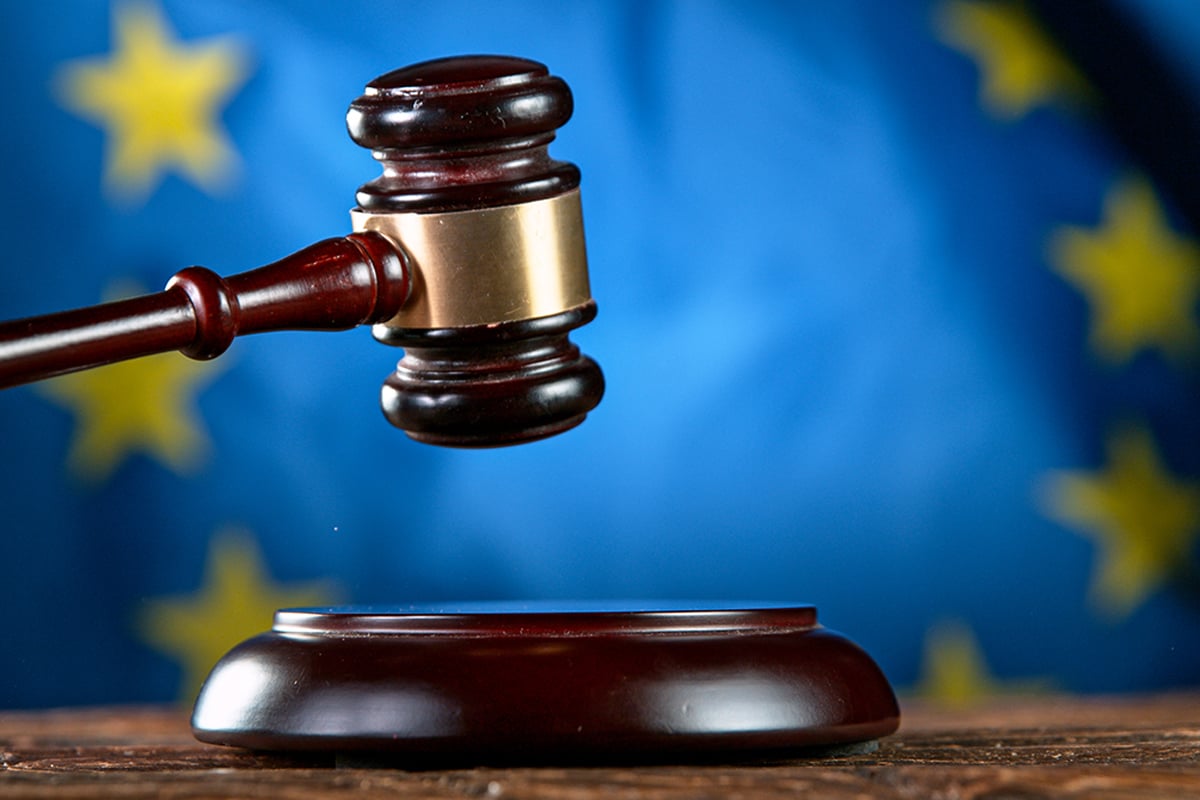In the heart of Europe, a fierce political polarization is emerging, drawing sharp lines between opposing ideologies and reshaping the continent’s political landscape. This division is characterized by a growing tendency for both sides to label their opponents as “extremists,” reflecting a coarsening of public discourse and increasing contempt for mainstream political parties.
Recently, France’s hard-right National Rally, led by Jordan Bardella, faced a surprising setback in the elections, finishing third. Bardella attributed this unexpected result to what he termed “disinformation,” which he claimed painted his party as extremist and favored left-wing formations. This sentiment is emblematic of a broader trend across Europe, where political polarization intensifies, and mutual accusations of extremism dominate the narrative.
Unlike the violent clashes of the 20th century, today’s political conflicts in Europe are primarily verbal, although the threat of past violence still looms. The assassination attempt on Slovakia’s Prime Minister in May serves as a stark reminder of the ghosts of previous eras. Despite the lack of violent street battles reminiscent of those seen before and after World War II, the current environment is marked by a widening and increasingly poisonous political divide.
Economic and foreign policy views across the political spectrum reveal a surprising degree of commonality, including a shared distrust of NATO and a sympathetic stance towards Russia. Both sides exhibit a strong contempt for establishment elites, whom they perceive as the self-serving masters of a political center that fails to address the needs of the average citizen. However, the core issue driving the divide is nationalism—whether it offers a solution to global challenges such as immigration and economic dislocation or poses a threat to liberty and democracy.
The polarization extends beyond mere ideological differences. The erosion of the political center and the undermining of previously accepted norms are testing democratic principles across Europe. This environment has led to a decline in trust in democratic systems, as evidenced by recent surveys indicating growing frustration with the way these systems function.
Nationalist parties, which have risen in popularity over the last decade, have experienced mixed success in recent elections. For example, Poland’s conservative Law and Justice party lost power in October, while Geert Wilders’ right-wing party in the Netherlands secured the most votes in a general election. In Germany, the Alternative for Germany party achieved a record number of votes in the European Parliament elections, surpassing the parties in Chancellor Olaf Scholz’s governing coalition.
One of the most vivid examples of Europe’s political polarization is Slovakia, where Prime Minister Robert Fico, who has shifted from the left to embrace nationalist messaging, narrowly survived an assassination attempt. Fico described the attacker as a “messenger of evil and political hatred” from his left-wing opponents, highlighting the deep-seated animosity that characterizes the current political climate.
Mainstream politicians across Europe expressed relief at the French election results, fearing that a victory for the National Rally could have supported Prime Minister Viktor Orban of Hungary’s calls to end military aid for Ukraine. Poland’s Prime Minister Donald Tusk noted that the result was met with enthusiasm in Paris, disappointment in Moscow, and relief in Kyiv, underscoring the broader geopolitical implications of Europe’s internal political battles.
Nationalist parties have attempted to distance themselves from their darker pasts. Italy’s ruling party, led by Prime Minister Giorgia Meloni, traces its roots to the postwar remnants of Mussolini’s fascism, while Marine Le Pen’s National Rally in France has moved away from its earlier associations with Holocaust denial and reactionary colonial veterans. These parties now strive to present themselves as modern and pragmatic, although instances of openly racist and xenophobic remarks by individual supporters continue to challenge their rebranded images.
Despite Europe’s relative economic stability compared to the hyperinflation and mass unemployment of the pre-World War II era, trust in democracy remains fragile. Many voters express a desire for change, often opting for parties that promise to upend the establishment. This trend is evident in the recent elections in Britain, where the Labour Party achieved a significant victory against a divided Conservative Party, while Nigel Farage’s Reform party also made strong electoral gains.
The rise of the hard-right in Europe, while not yet dominant, is gaining momentum with each election. As political debates focus more on spectacle than on substantive policy discussions, the credibility of the political system continues to erode, particularly among the younger generation. This environment underscores the critical need for a renewed focus on democratic values and constructive political engagement to bridge the growing divide and safeguard the future of Europe’s political landscape.







